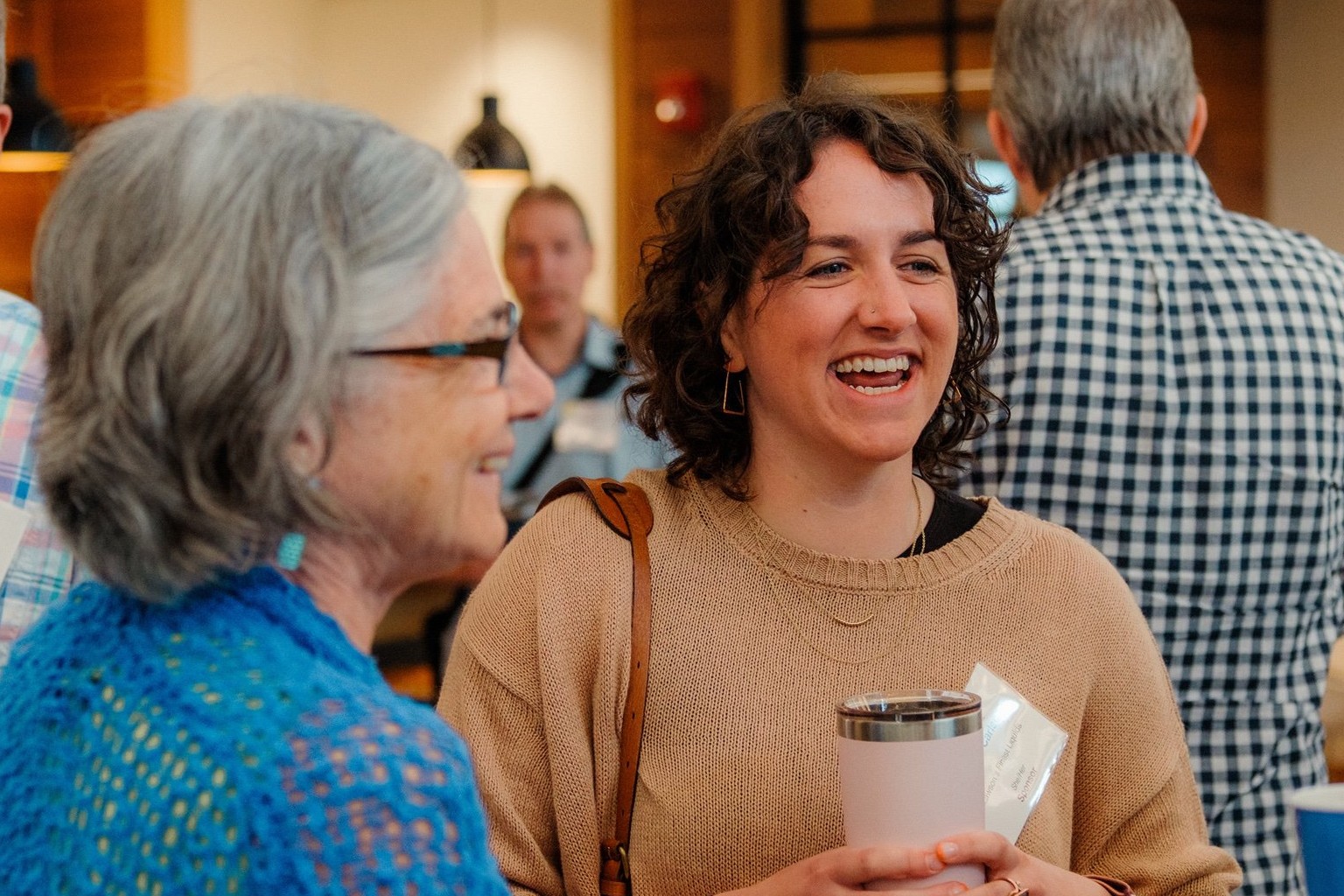
Legislative Breakfast
Shaping Vermont's Future
Every December for decades, VBSR members, policymakers, advocates and state officials have congregated at the VBSR Legislative Breakfast. This event serves as a platform to explore and celebrate all the opportunities to foster a just, thriving and transformative economy in the upcoming legislative session.
The morning is a celebratory moment to:
-
Announce VBSR’s upcoming Legislative Agenda.
-
Present the Annual VBSR Legislator of the Year Award.
-
Review VBSR’s policy accomplishments from the past year.
Collective Leadership: Legislating Vermont's Tomorrow
Starting with a coffee-fueled networking breakfast, the event transitions into guest speakers and engaging presentations from policy leaders. This often-sold-out event stands as a day of commitment and conviction for VBSR members and advocates, as they gear up for impactful State House work.

Get Involved: Enhance Our Impact Together
For more information, please contact Public Policy Manager, Johanna de Graffenreid at johannad@vbsr.org.
To learn how to sponsor the Annual VBSR Legislative Breakfast, click the button below.